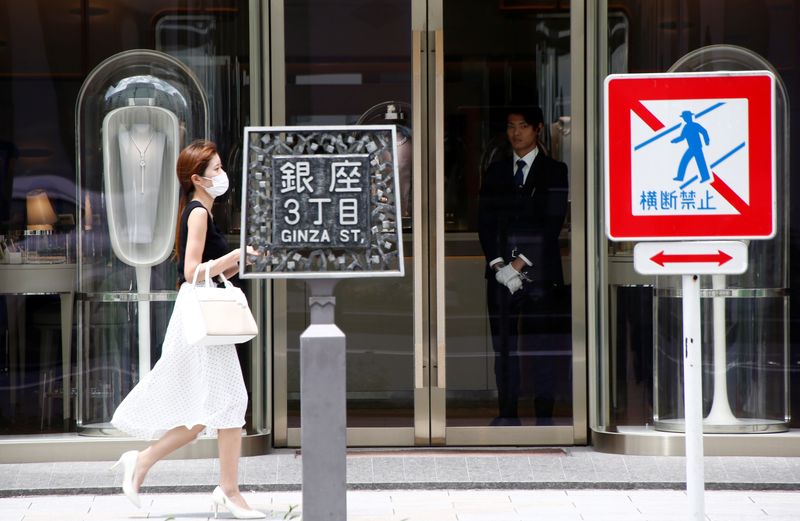TOKYO – Japan’s manufacturing activity grew at a faster pace from the prior month in March as domestic demand got a lift from the waning impact of the coronavirus pandemic.
Activity in the sector, however, saw a sharp decline in new export orders, as external demand suffered from pandemic curbs in China and Russia’s war in Ukraine, which caused supply chain disruptions and price pressures to worsen.
The final au Jibun Bank Japan Manufacturing Purchasing Managers’ Index (PMI) rose to a seasonally adjusted 54.1 in March, up from a 53.2 flash reading and the previous month’s final of 52.7.
The reading meant manufacturing activity came in above the 50.0 threshold that separates contraction from expansion for the 14th straight month.
“The Japanese manufacturing sector saw an improvement in operating conditions at the end of the first quarter,” said Usamah Bhatti, economist IHS Markit, which compiles the survey.
“New order inflows saw a quickening in growth, as firms recovered from the surge in COVID-19 cases at the start of the year.”
The PMI survey showed, however, that new export orders fell at the sharpest rate in 20 months, suggesting less stable conditions in overseas markets.
The drop in export orders followed the reintroduction of coronavirus restrictions in parts of China and the Russia-Ukraine war, Bhatti said. Russia calls its action in Ukraine a “special operation”.
“Anecdotal evidence also linked the war to exacerbated price and supply pressures,” Bhatti said.
Manufacturers recorded the steepest rise in input prices since August 2008, the survey showed, following a rapid increase in the price of oil and other raw materials.
Firms’ optimism about output conditions for the 12 months ahead became slightly less positive on the downside overseas risks, while they also reported a deterioration in lead times amid material shortages.
“There was a survey-record increase in stocks of inputs as firms sought to grow safety stocks and unused inputs accumulated due to shortages of critical components,” Bhatti said.
(Reporting by Daniel Leussink; Editing by Sam Holmes)
